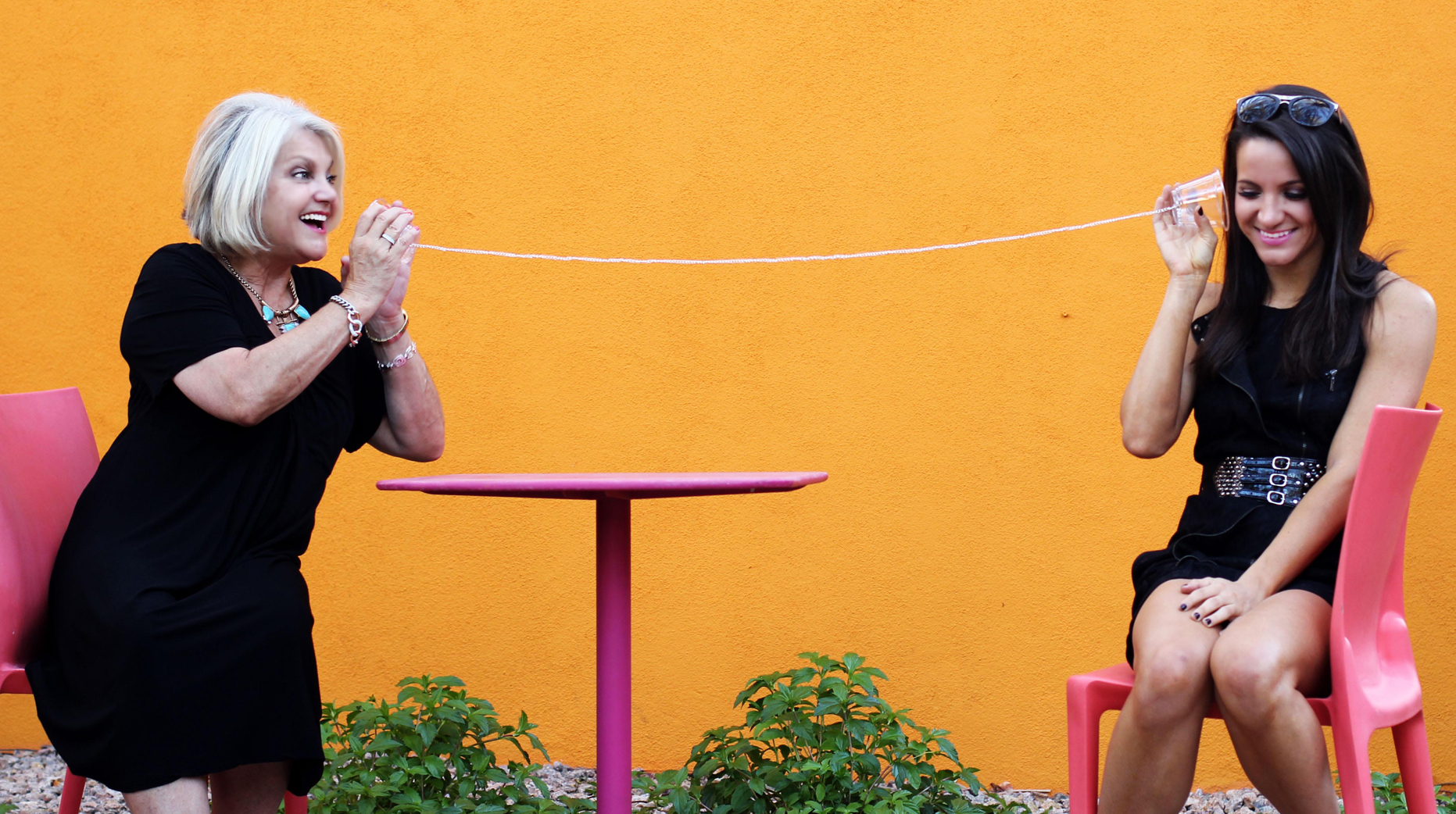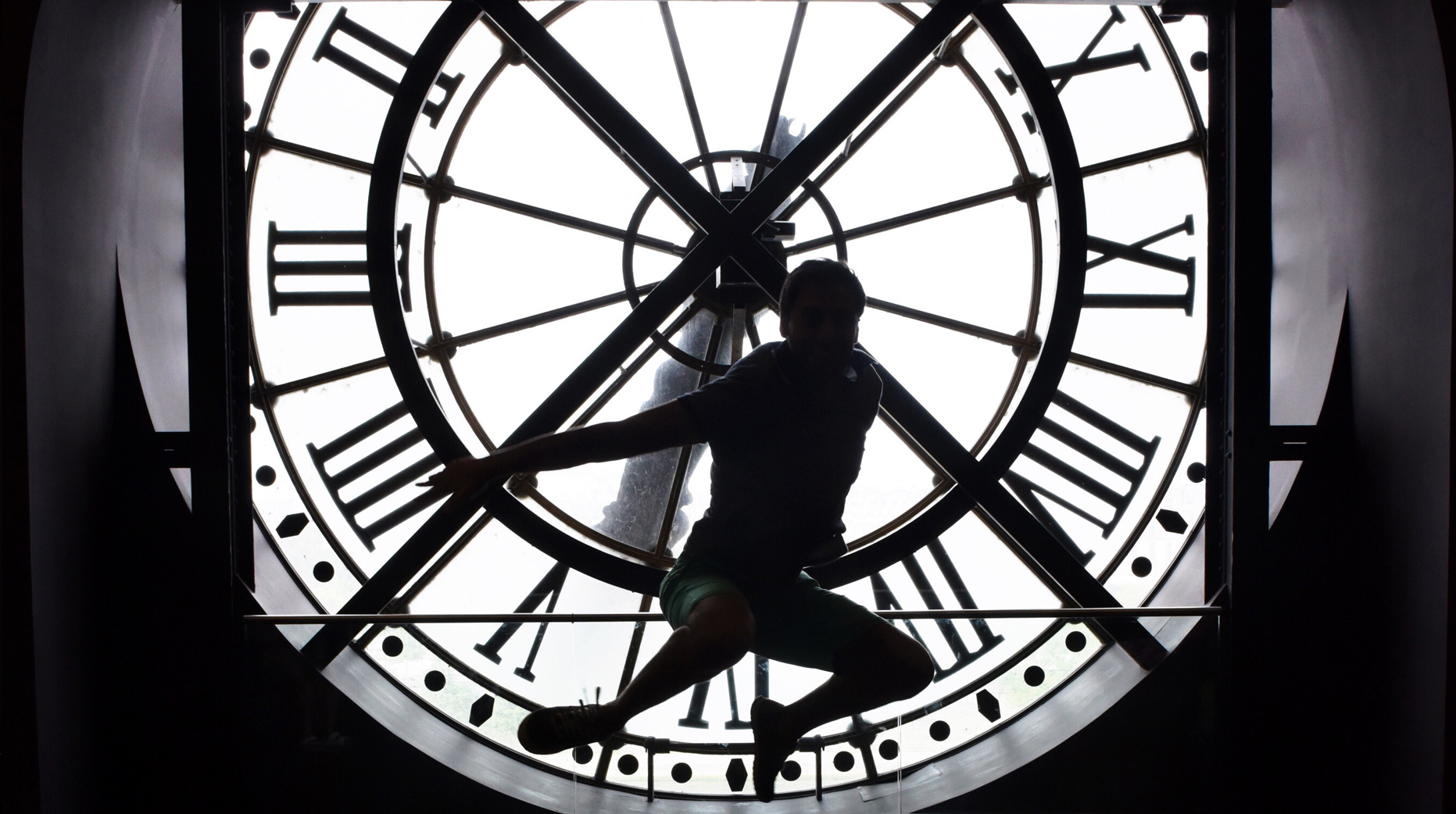It seems almost everyone knows someone who has committed suicide. Even if the act seemingly came from nowhere, or as a spur of the moment decision, many people who commit suicide are affected by brain health disorders. Their often silent pleas for help may have gone unnoticed in health care systems which are ill-equipped to handle mental challenges. Suicide is rapidly becoming a leading cause of death, particularly in certain age groups. What are we going to do as a society to help people when they are suffering?
Suicide As A Leading Cause Of Death
We often look to celebrities as role models, and we are shocked when these people (who are, after all, normal human beings, too) commit suicide. Kate Spade, Anthony Bourdain, Robin Williams, Chester Bennington, Kurt Cobain, Pratusha Banerjee, Charlotte Dawson, Malik Bendjelloul, Avicii. Around 1,000,000 die by suicide around the world each year. Every 40 seconds another person takes their own life.1
The recent show on Netflix “13 Reasons Why” may have had an impact on suicide numbers. Boys between ten and seventeen seemed most at risk in the nine-month period following the show’s airing, with an increase in the suicide rate by nearly 30%. The show’s creators were questioned as to whether they were doing enough to prevent suicides, and if the discussions were harmful or helpful to youths.2
While the answers aren’t immediately clear, it is clear we must as humans embrace the idea that brain health matters and the conversation about suicide can no longer be taboo.
I think suicide is sort of like cancer was 50 years ago. People don't want to talk about it, they don't want to know about it. People are frightened of it, and they don't understand when actually these issues are medically treatable.
Judy Collins
Statistics from around the world are sobering. We can no longer poke our heads in the sand and refuse to talk about brain health and the effects of poor health on our wellbeing. Rates of suicide vary greatly by country and region (suicides per 100K people):3
- Australia (13.2)
- Afghanistan (4.7)
- Bhutan (11.4)
- Canada (12.5)
- France (17.7)
- Guyana (29.2)
- Japan (18.5)
- Lithuania (31.9)
- Russia (31)
- South Korea (26.9)
- Spain (8.7)
- United States (15.3)
For the world population between 15 and 29 years of age, suicide is the second leading cause of death. Over 79% of suicides in 2016 occurred in low and middle-income countries. 20% of worldwide suicides are caused by self-poisoning, usually with pesticides. Hanging and firearms are also common methods.4
The Unmistakable Link Between Suicide And Depression
Everyone with depression doesn’t automatically want to commit suicide, and everyone who commits suicide isn’t necessarily depressed. But, there is a link between suicide and brain health disorders such as depression. A study followed 207 patients who were being treated for suicide ideation, and after a 5-10 year follow-up period, 14 had committed suicide. The Hopelessness Scale and the pessimistic part of the Beck Depression Inventory (two tools used by therapists) predicted 91% of the eventual suicides.5
It isn’t normal to suffer from depression during any part of our life cycles. It’s not a given in young adulthood, it’s not typical when we age, and we don’t have to suffer quietly any longer. Nearly 90% of people with clinical depression can be treated6, but they have to seek treatment first. If you know of someone struggling with depression or know of someone facing challenging and stressful conditions in their life, reach out to them. A kind word can be what they need to take that first courageous step.
What Can We Do As Leaders? As Compassionate Members Of Society?
Depression can be treated, and it doesn’t have to result in suicide. People who make suicide attempts have an opportunity to seek treatment, but only if treatment options are readily available, affordable, and convenient. 40% of people who eventually die by suicide made an earlier attempt.7
As leaders, we can have an active role in the brain health of our employees. We can set policies that support and encourage healthy brains and bodies. We can be the force of change, but only if we have the courage and determination to do so.
We all have a duty to society to support our citizens, and especially our young people who are most at risk for suicide. Suicide does not respect race, religion, ethnicity, where you live, what you do, or who you love. It’s time we opened the conversation, and by speaking about suicide we can hopefully help save lives. Stay tuned for my next article as we explore anxiety disorders.
If you are feeling suicidal or know someone in danger - help is always out there, click here to get some global resources.
- i4 Neuroleader (353)
- Leadership & Culture (336)
- Brain Health & Wellbeing (206)
- Innovation (97)
- Performance (85)
- Our News (79)
- Collaboration (68)
- Agility (53)
- Practitioner Stories (44)
- In The Press (36)
- Make Me A Leader (33)
- Balance (31)
- Integration (30)
- Imagination (29)
- Awareness (23)
- Brain-Friendly Channel (22)
- Brain-Friendly Leadership (22)
- Communication (22)
- Curiosity (21)
- Inspiration (19)
- Intuition (19)
- Attitude (17)
- Courage (16)
- Adaptability (14)
- Case Studies (14)
- Drive (14)
- Generosity (13)
- Ethics (9)
- Mental Readiness (9)
- Influence (8)
- Retreat (8)
- Brain-Friendly Leadership (1)
- Oracle Cards (1)
- 1 November 2025 (2)
- 1 September 2025 (3)
- 1 August 2025 (5)
- 1 July 2025 (5)
- 1 June 2025 (2)
- 1 April 2025 (1)
- 1 March 2025 (8)
- 1 February 2025 (3)
- 1 September 2024 (4)
- 1 July 2024 (2)
- 1 June 2024 (6)
- 1 May 2024 (2)
- 1 April 2024 (3)
- 1 March 2024 (1)
- 1 November 2023 (1)
- 1 August 2023 (1)
- 1 July 2023 (2)
- 1 June 2023 (2)
- 1 May 2023 (4)
- 1 April 2023 (2)
- 1 March 2023 (7)
- 1 February 2023 (4)
- 1 January 2023 (1)
- 1 September 2022 (1)
- 1 May 2022 (3)
- 1 April 2022 (1)
- 1 March 2022 (5)
- 1 February 2022 (4)
- 1 January 2022 (4)
- 1 December 2021 (2)
- 1 November 2021 (4)
- 1 October 2021 (3)
- 1 September 2021 (6)
- 1 August 2021 (1)
- 1 April 2021 (1)
- 1 December 2020 (2)
- 1 November 2020 (1)
- 1 September 2020 (1)
- 1 August 2020 (1)
- 1 July 2020 (3)
- 1 June 2020 (4)
- 1 May 2020 (3)
- 1 April 2020 (4)
- 1 March 2020 (6)
- 1 February 2020 (4)
- 1 January 2020 (2)
- 1 December 2019 (3)
- 1 November 2019 (3)
- 1 October 2019 (5)
- 1 September 2019 (4)
- 1 August 2019 (4)
- 1 July 2019 (4)
- 1 June 2019 (5)
- 1 May 2019 (9)
- 1 April 2019 (9)
- 1 March 2019 (8)
- 1 February 2019 (7)
- 1 January 2019 (8)
- 1 December 2018 (5)
- 1 November 2018 (10)
- 1 October 2018 (16)
- 1 September 2018 (9)
- 1 August 2018 (10)
- 1 July 2018 (9)
- 1 June 2018 (8)
- 1 May 2018 (9)
- 1 April 2018 (9)
- 1 March 2018 (9)
- 1 February 2018 (8)
- 1 January 2018 (8)
- 1 December 2017 (6)
- 1 November 2017 (9)
- 1 October 2017 (9)
- 1 September 2017 (8)
- 1 August 2017 (10)
- 1 July 2017 (8)
- 1 June 2017 (8)
- 1 May 2017 (9)
- 1 April 2017 (8)
- 1 March 2017 (6)
- 1 January 2017 (3)
- 1 December 2016 (4)
- 1 November 2016 (5)
- 1 October 2016 (4)
- 1 September 2016 (2)
- 1 August 2016 (4)
- 1 July 2016 (4)
- 1 June 2016 (2)
- 1 May 2016 (3)
- 1 April 2016 (3)
- 1 March 2016 (7)
- 1 February 2016 (2)
- 1 January 2016 (5)
- 1 December 2015 (2)
- 1 November 2015 (2)
- 1 October 2015 (4)
- 1 September 2015 (2)
- 1 August 2015 (2)
- 1 July 2015 (1)
- 1 June 2015 (3)
- 1 May 2015 (4)
- 1 April 2015 (5)
- 1 March 2015 (3)
- 1 February 2015 (3)
- 1 January 2015 (3)
- 1 December 2014 (3)
- 1 November 2014 (3)
- 1 October 2014 (3)
- 1 September 2014 (5)
- 1 August 2014 (4)
- 1 July 2014 (5)
- 1 June 2014 (3)
- 1 May 2014 (1)
- 1 March 2014 (1)
- 1 December 2013 (2)
- 1 November 2013 (1)
- 1 July 2013 (1)
- 1 June 2013 (1)
- 1 May 2013 (3)
- 1 April 2013 (1)
- 1 March 2013 (2)
- 1 February 2013 (1)
- 1 January 2013 (2)
- 1 November 2012 (1)
- 1 October 2012 (1)
- 1 September 2012 (1)
- 1 August 2012 (2)
- 1 July 2012 (1)
- 1 June 2012 (1)
- 1 May 2012 (2)
- 1 April 2012 (1)
- 1 February 2012 (1)
- 1 January 2012 (1)
- 1 November 2011 (1)
- 1 October 2011 (3)
- 1 September 2011 (2)
- 1 July 2011 (1)
- 1 June 2011 (1)
- 1 May 2011 (1)
- 1 April 2011 (1)
- 1 March 2011 (1)
- 1 February 2011 (2)
- 1 January 2011 (4)
- 1 December 2010 (4)
- 1 November 2010 (3)
- 1 October 2010 (5)
- 1 September 2010 (4)
- 1 August 2010 (4)
- 1 July 2010 (3)
- 1 June 2010 (4)
- 1 May 2010 (7)
- 1 April 2010 (5)
Subscribe by email
You May Also Like
These Related Stories

Engaging The Brains Of Others




No Comments Yet
Let us know what you think